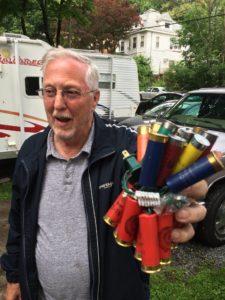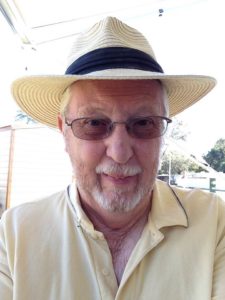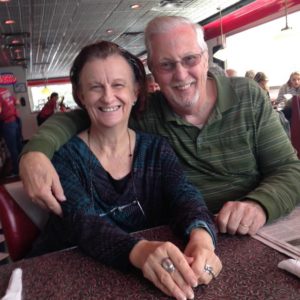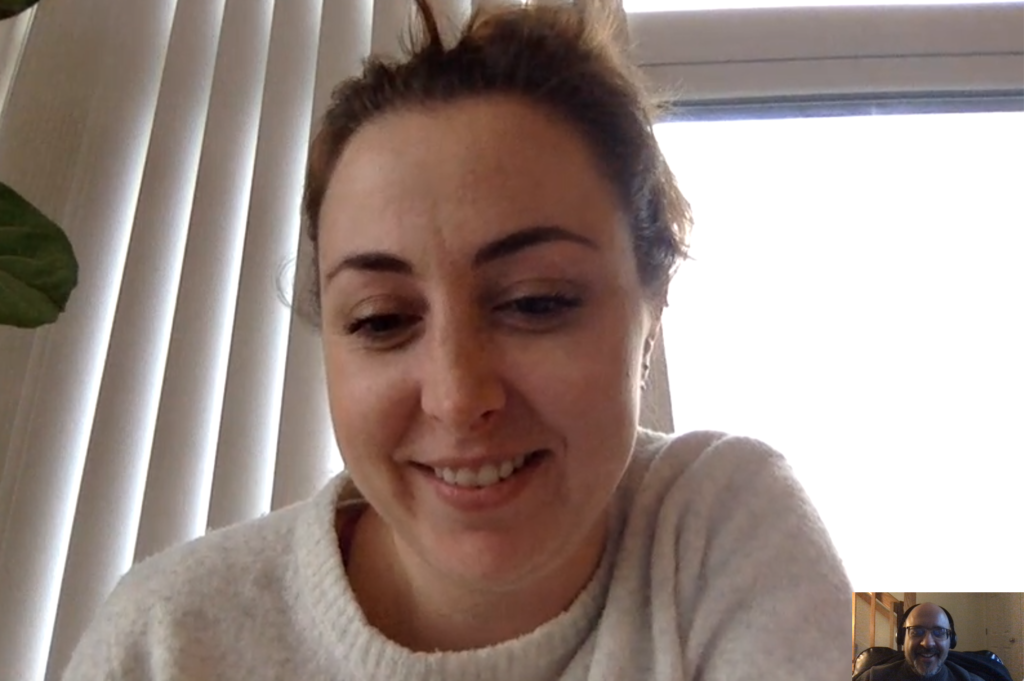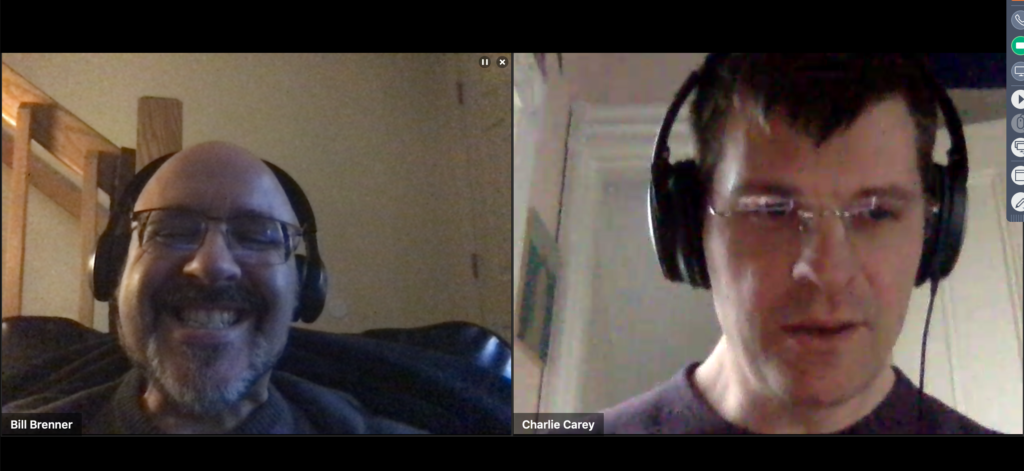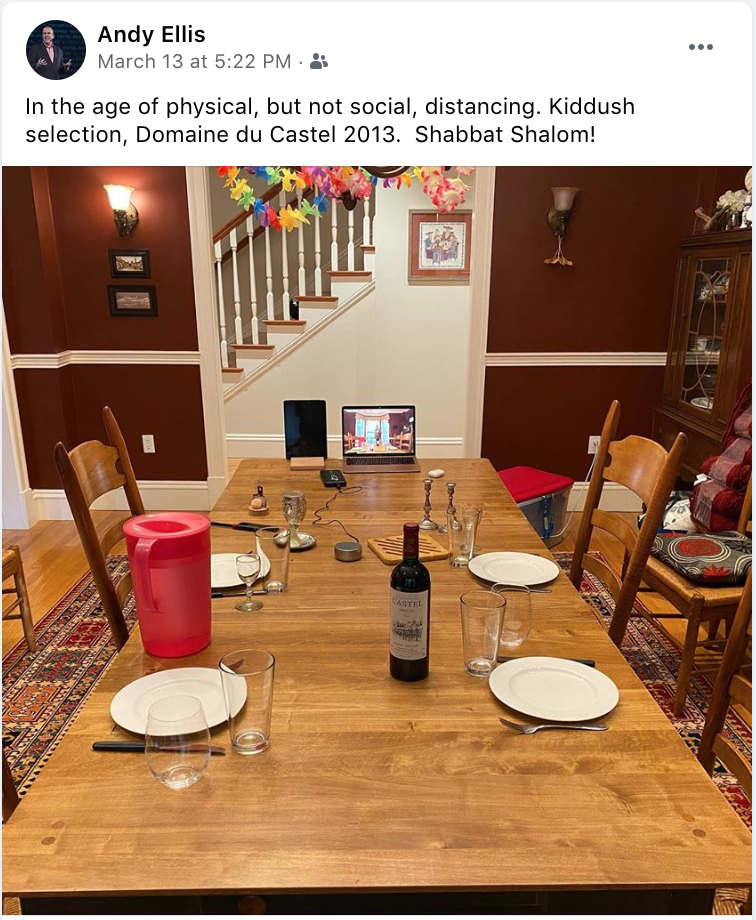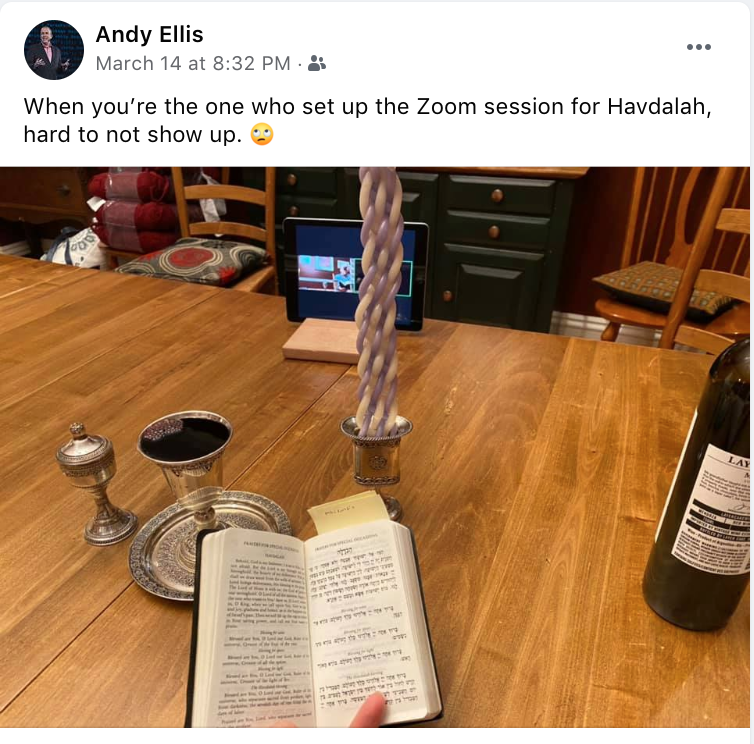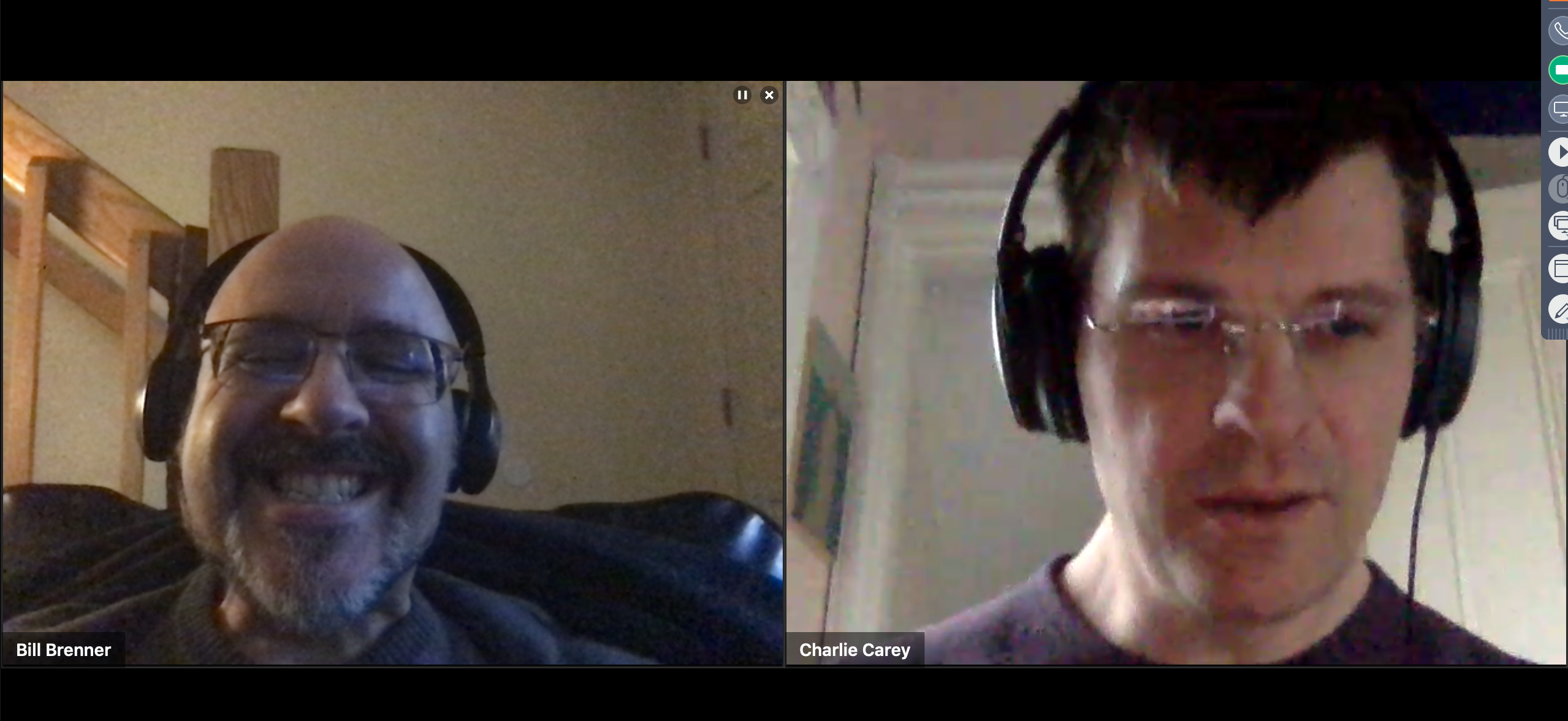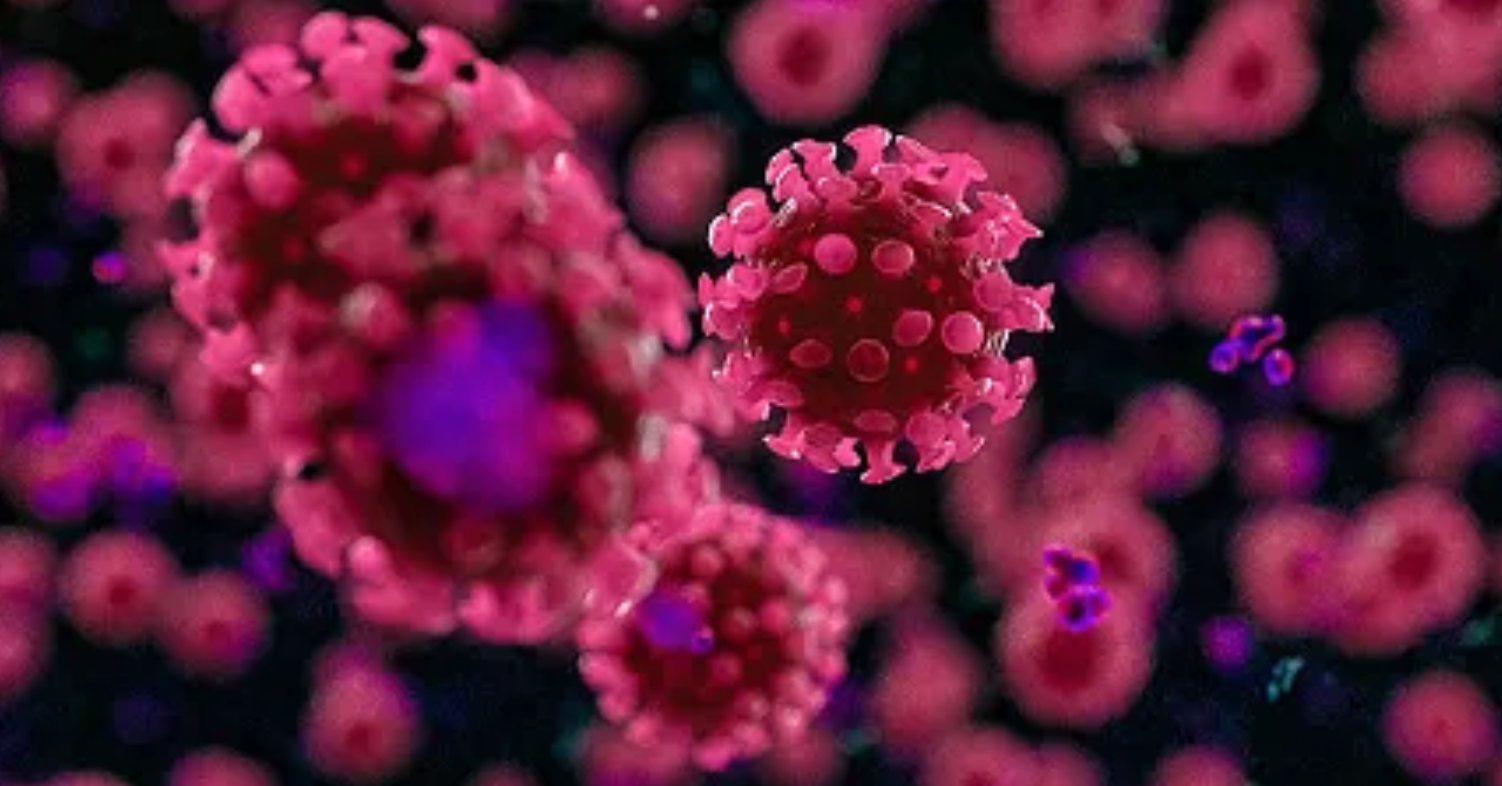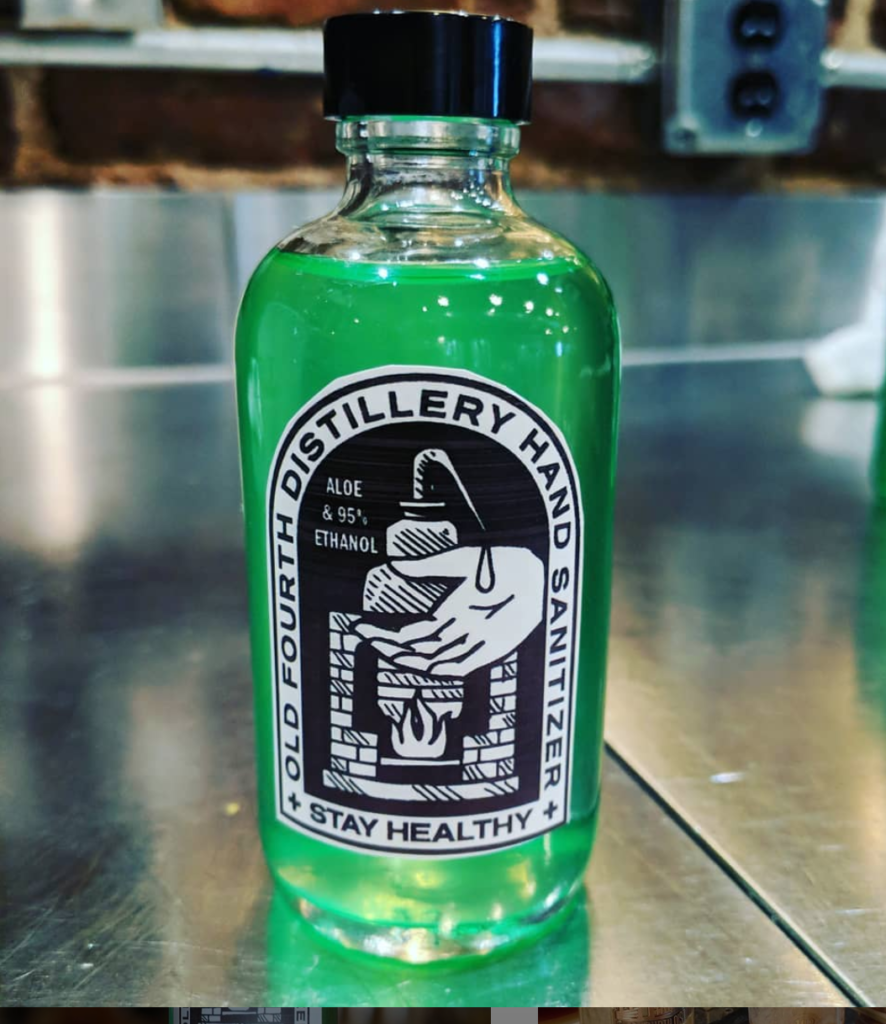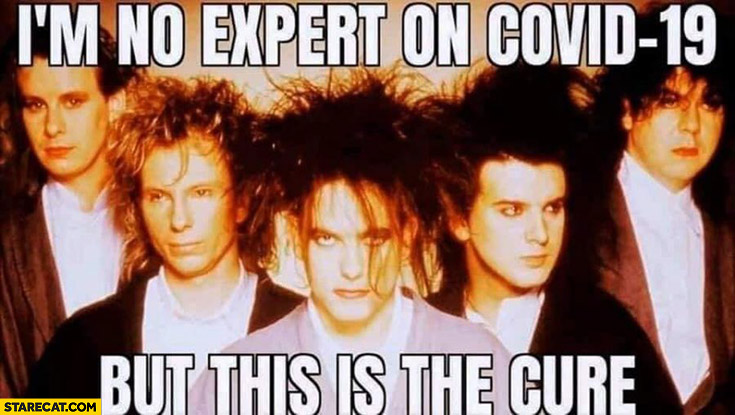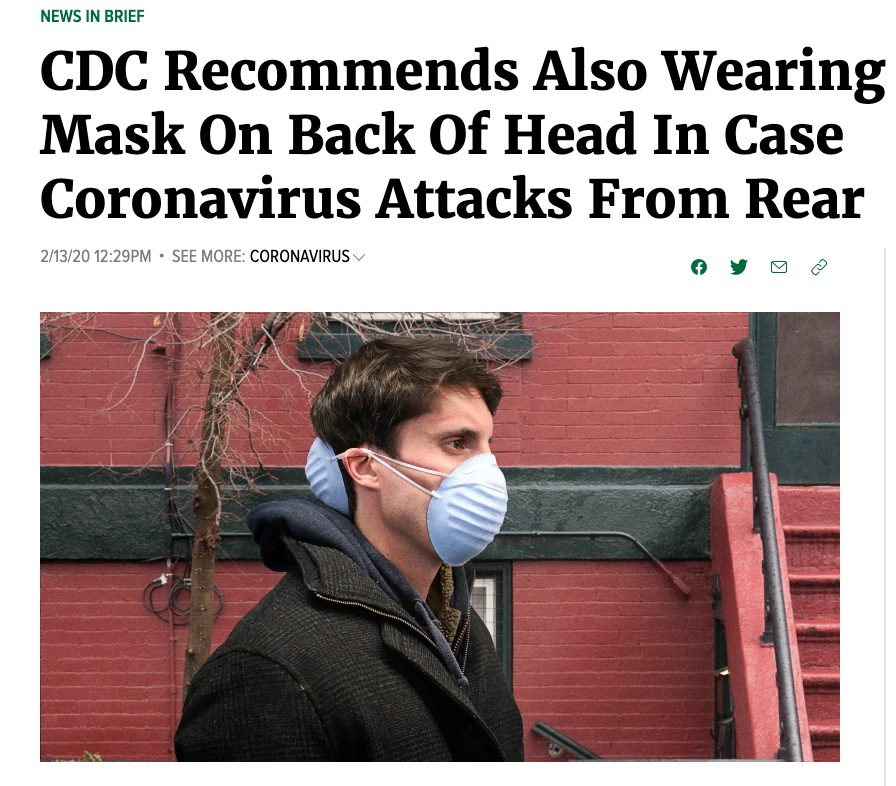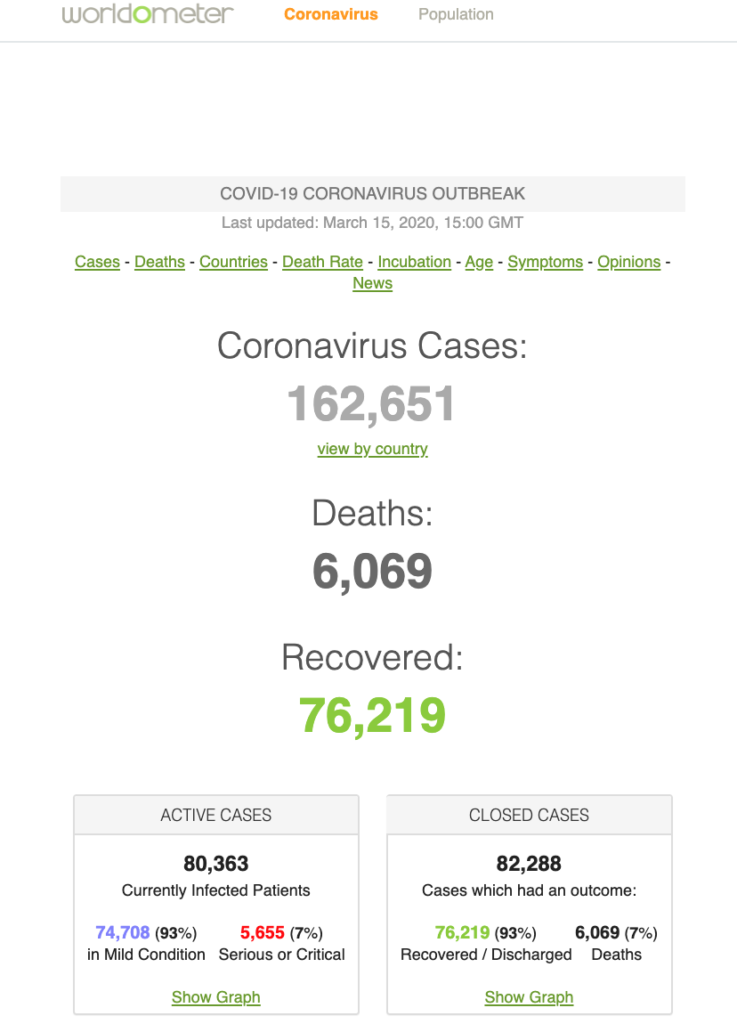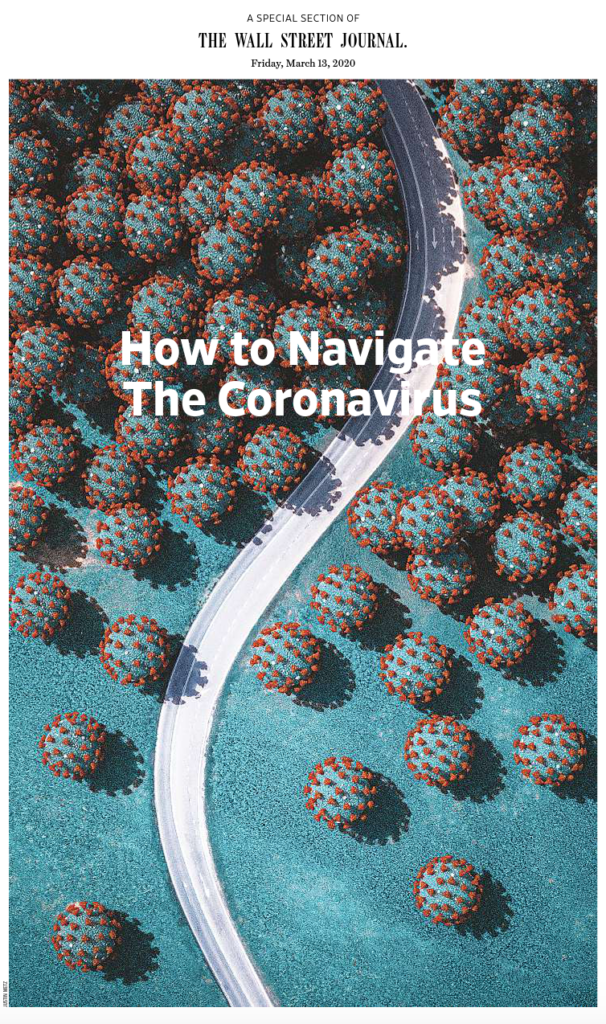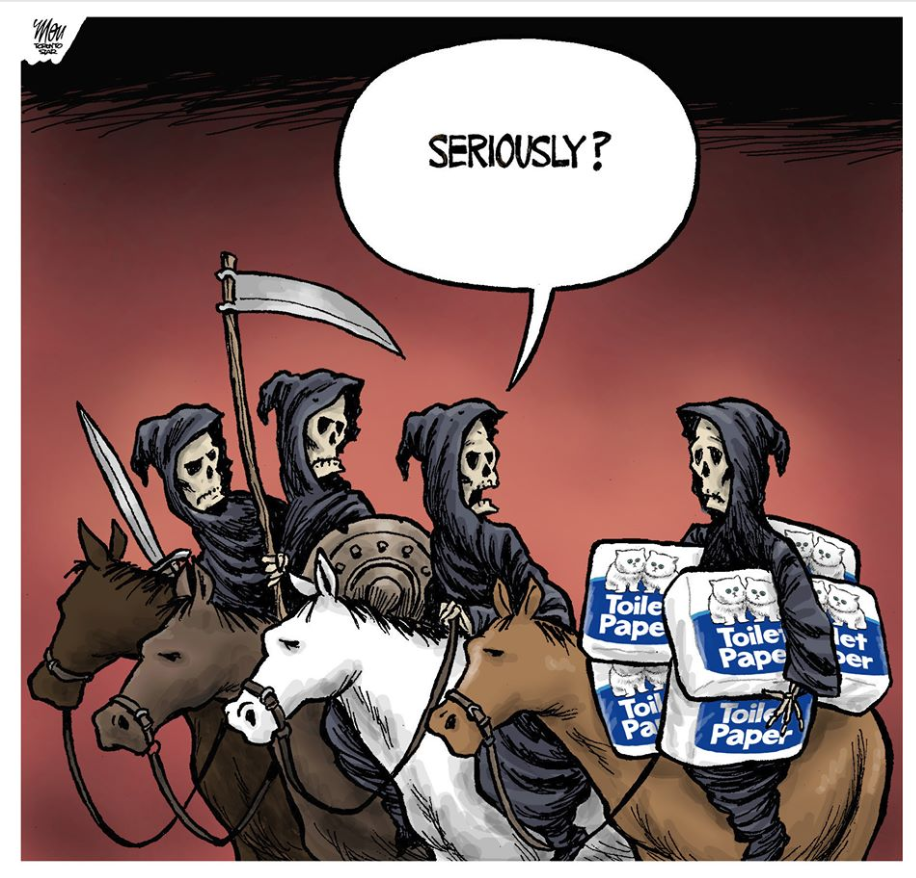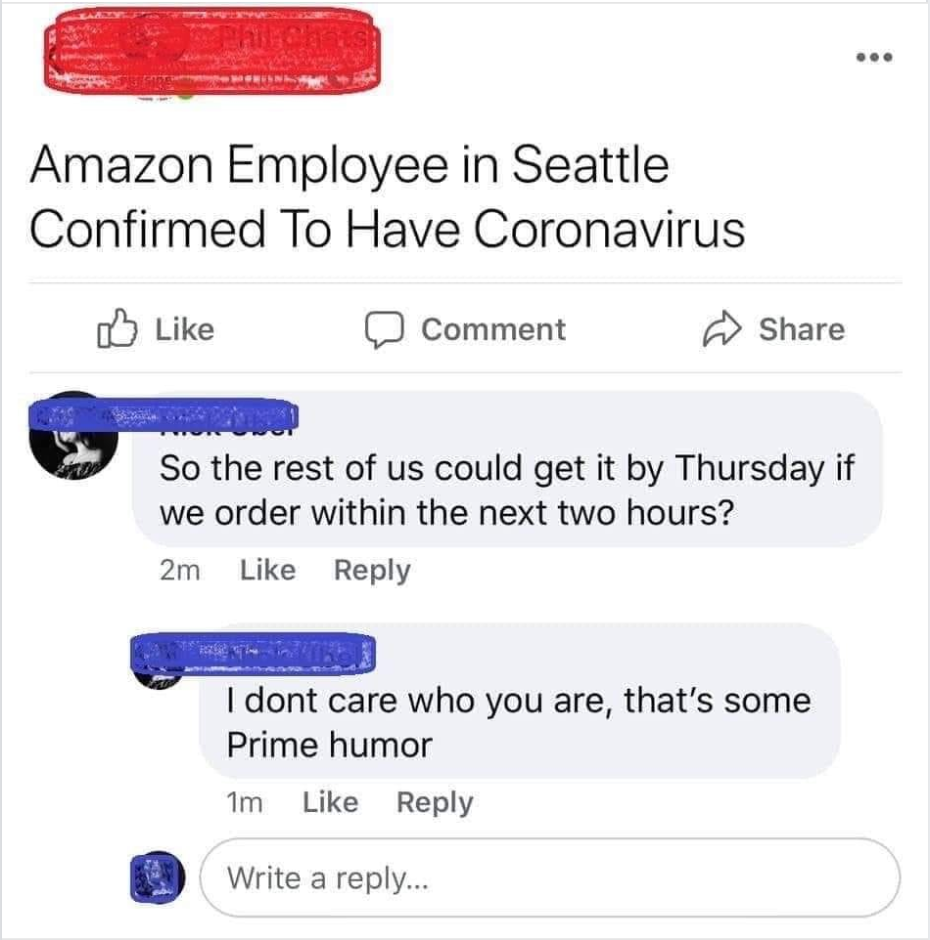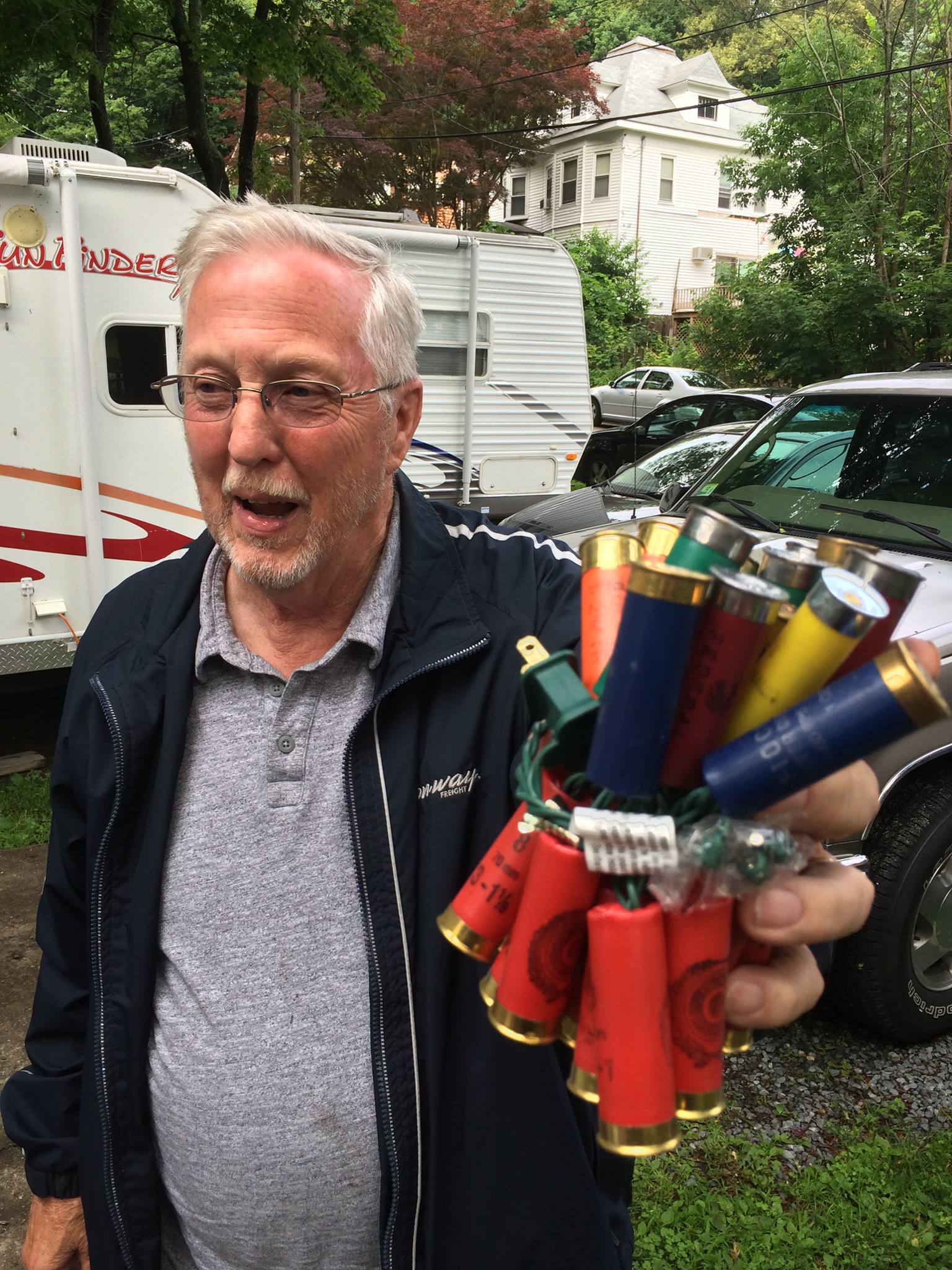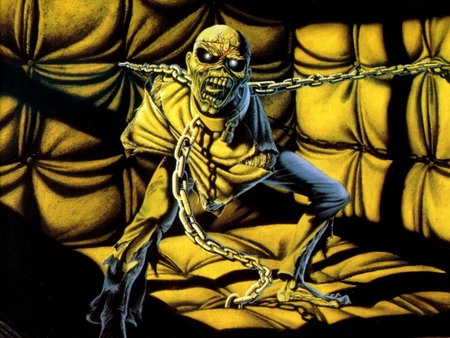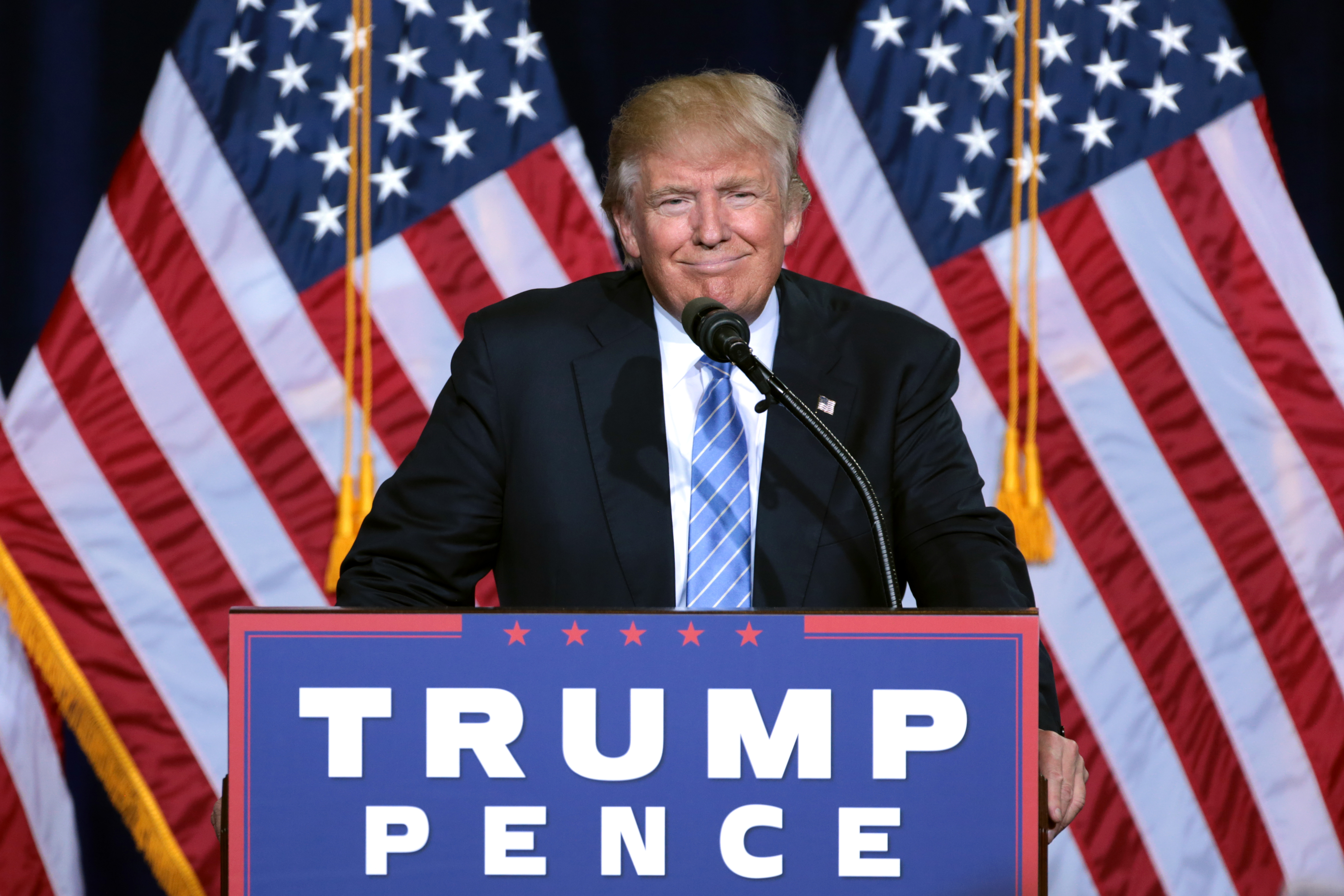Robert C. Corthell of Haverhill, Mass., died peacefully at Lahey Burlington Wednesday, Nov. 8, 2017, surrounded by loved ones, after suffering a pulmonary embolism. He was 69. He fought his brief illness with the same stubbornness and grit by which he lived.
His family and friends knew him as Bob, Bobby, Dad and Grandpa.
He was born and raised in Haverhill and, after serving in the U.S. Army, spent the rest of his life there, though in more recent years he and Sharon spent their winters in Winterhaven, Florida.
He made his living as a truck driver, hauling tractor trailers, commuter and school buses and just about anything else with four wheels and a motor. He was proud of his profession, keeping model cars and trucks around his desk at home. He retired from Conway Freight in 2014.
His nephew, Chris, remembers coming back from Germany in 1981 and riding with him while he drove a commuter bus to Boston.
He was a family man first, always there to help bail someone out if they were stuck on the side of the road or facing other crises. He and Sharon took in family and others in times of need. He was a devoted member of All Saints Parish in Haverhill and sent his daughters to St. Joseph School, then part of the parish. There, he served as a Sunday school teacher and Eucharistic minister.
Above all, he was a teacher.
On the side, Bob and Sharon ran Chandler’s Auto School and, as his niece, Faith, remembers, taught virtually half of Haverhill to drive.
After his brother-in-law, Leon Basiliere, suffered a stroke, Bob taught him how to drive again and helped him get his license back.
He taught just about all of his kids, nieces and nephews to drive and had started teaching his grandson, Sean. At Conway, he taught fellow employees about truck-driving safety. After retirement, he continued to teach driving and safety at the New England Tractor Trailer Training School (NETTTS) in North Andover, Mass.
He taught his son-in-law, Bill, how to drive with a stick shift in a beaten-up Ford Escort up one of the steepest hills in town. Bill was nervous as hell, and thinks his father-in-law enjoyed that.
He was passionate about RV camping and the safe and proper use of firearms. He and Sharon took their camper out regularly, and they lived in one during their Florida winters. Those passions rubbed off on his children and grandchildren, and each summer they would all camp together.
He taught his daughter, Erin, and son-in-law, Bill, how to haul a camper, set it up, close it down and maintain it. He also taught most of his children, his oldest grandson and various friends how to shoot with a firearm.
He and Sharon were avid square dancers and were members of the Firesiders, Montachusett Twirlers and Wolf Rockers square dancing clubs.
He had opinions and wasn’t afraid to share them, especially when it came to politics.
He taught countless people how to live and love. For that, we’re forever grateful.
He is survived by Sharon, his cherished wife of 48 years, his children, Erin Brenner and her husband, Bill; Robin Coughlin and her husband, Tim; Sara Croft; and Amanda Daniels and her husband, Matt, all of Haverhill. He also leaves behind his grandchildren, Sean, Duncan, Madison and Owen, many nieces and nephews, and his siblings: Cindi Basiliere, Janet Gillis, Natalie Pineau and her husband, Steve; Steve Corthell and his wife, Pat; and Fred Corthell and his wife, Terry. Bob was preceded in death by his sister, Nancy.
CALLING HOURS will be Sunday from 2-5 p.m. at Driscoll Funeral Home, 309 S Main St, Haverhill, MA 01835. A funeral Mass will be held Monday, 10 a.m. at All Saints Parish, 120 Bellevue Ave, Haverhill, MA 01832, followed by burial at St. Joseph Cemetery, 892 Hilldale Ave, Haverhill, MA 01832.
In lieu of flowers, gifts may be made to Lahey Hospital & Medical Center in memory of (name of tributee) to support the greatest needs in patient care. Please send your gift to: Philanthropy Office, Lahey Hospital & Medical Center, 41 Mall Road, Burlington, MA 01805. You also may donate at Giving.LaheyHealth.org/Donate.
